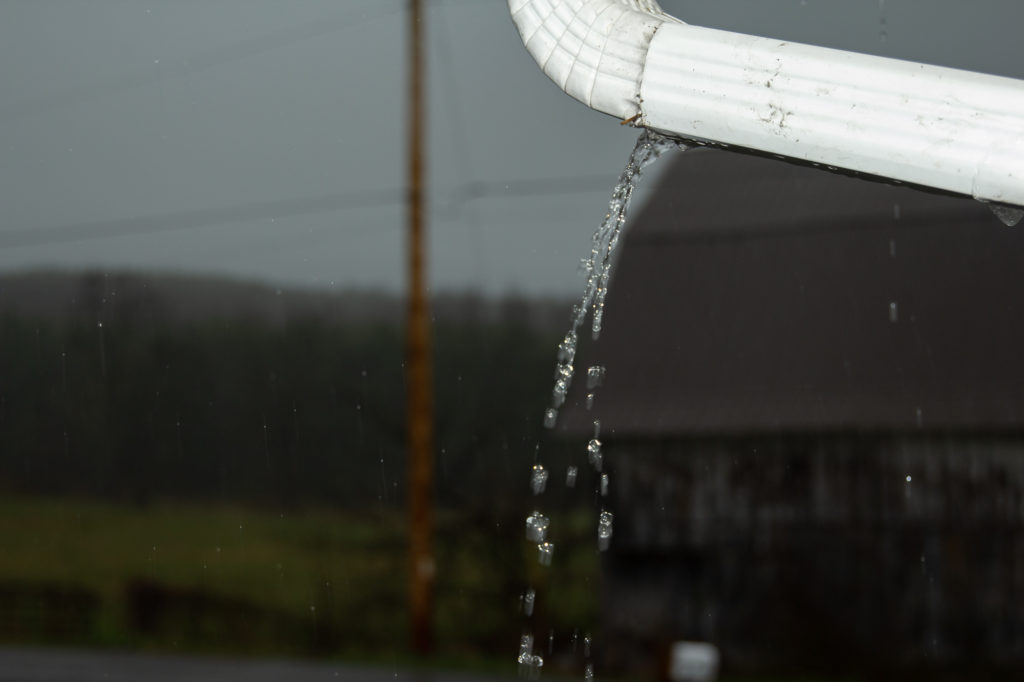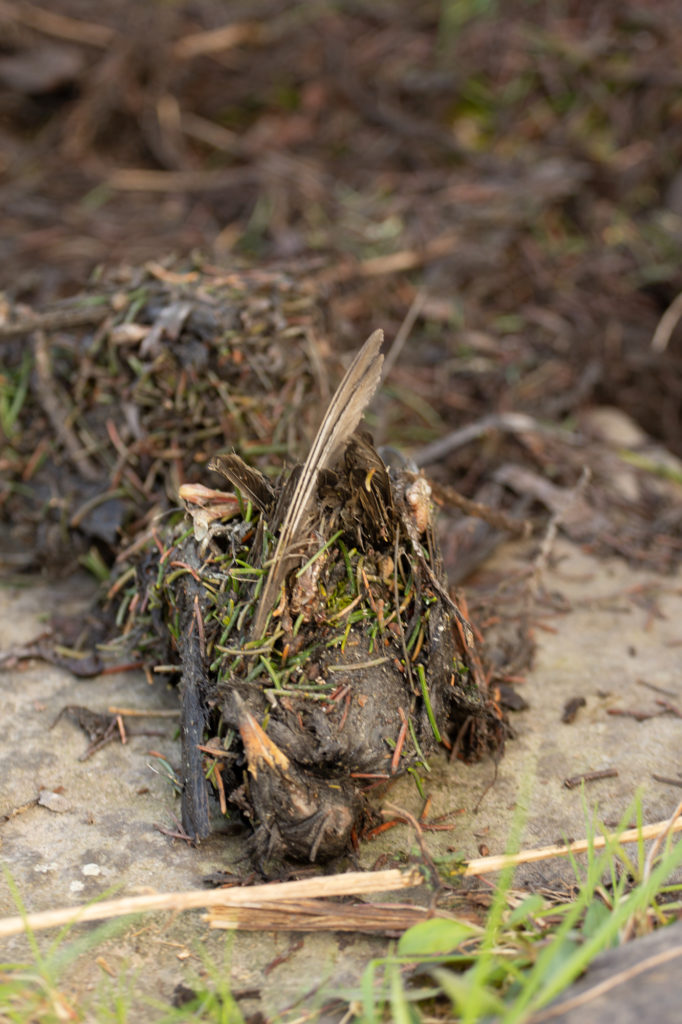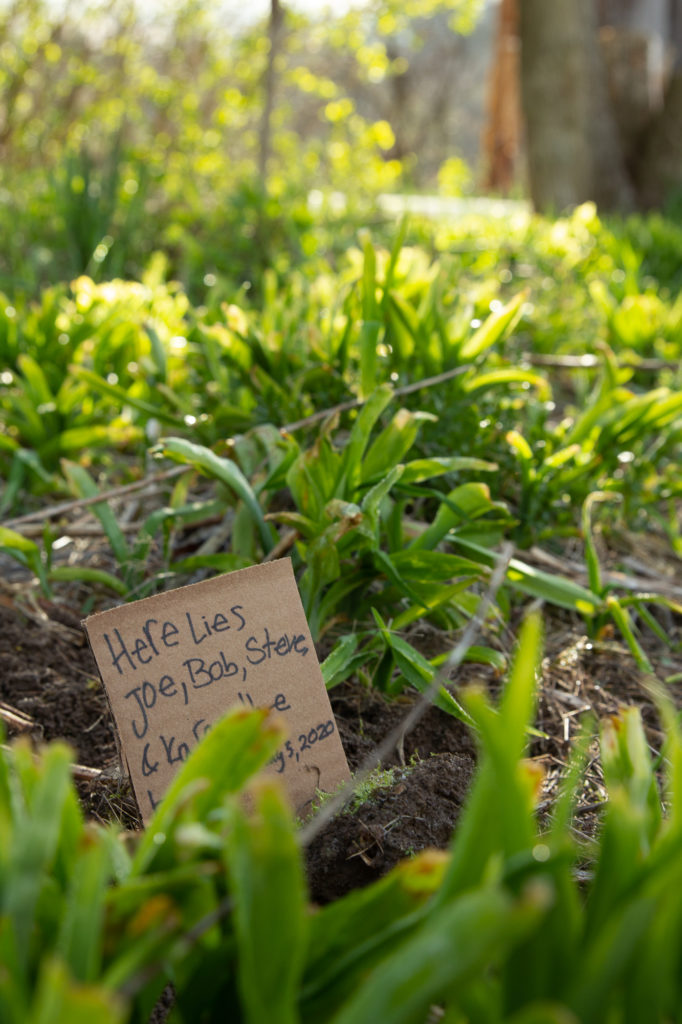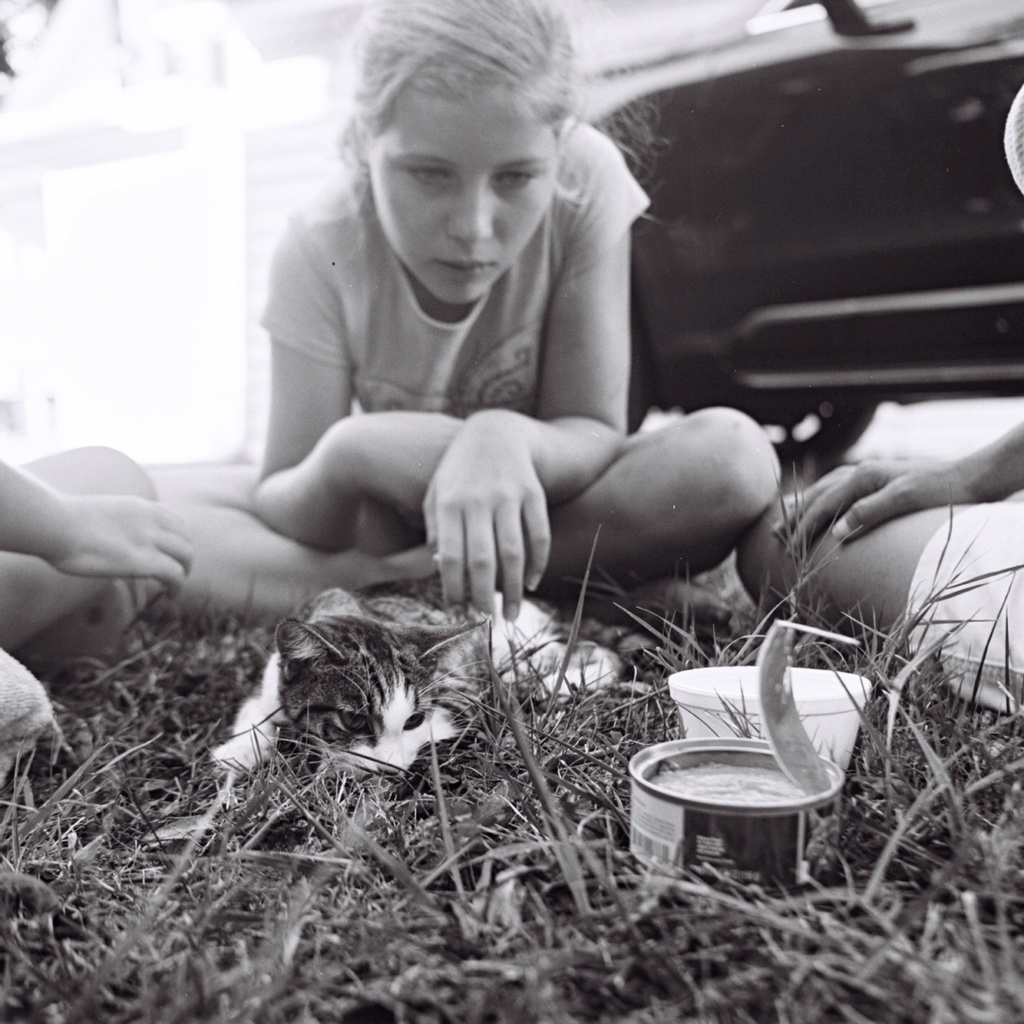Like this Heart of Mine
There was a bird in the downspout—every time we walked onto the porch we’d hear it thrash its wings and its claws would screech against the metal. “Chill out, bird,” I said, before realizing that it wasn’t just defending a nest: it was stuck. During our last heavy rain I’d seen water shooting out of the seams at the top of the drain, spilling over the edge of the gutter where it lined the roof. I’d known it was clogged—but I couldn’t understand how a bird could get itself stuck in there, if that’s what had happened.
The thrashing was loud and unsettling. I thumped against the metal once to see if I could scare the bird into flying out. Silence.

Zettie and I started from the bottom of the drainpipe, pulling out a few handfuls of the pine needles, twigs, and grass that were packed so tight inside its mouth they came out like bricks. Then I disconnected the bottom two elbows of the spout so that I could reach up into the straight pipe that ran down the corner of the porch. Moldering duff was crammed all through it. I was surprised to see so much of it, as no tree hangs over our house—all the debris in the gutter had been carried either by the wind or a bird.
The trapped bird remained silent as I dug up higher and higher. I got kitchen tongs to extend my reach, and kept clearing until the tongs were disappearing up the pipe, then my hand too, and still I was pulling out more debris. “Maybe I can get my small hand up higher in there than you can,” Zettie offered—but then the last clot came out with a thunk and the trapped bird flew out, shrieking, and made straight for the top of a tree about 50 yards off.
What a strange feeling of relief it was, like we’d performed a kind of magic trick: turning a clogged drain into a flying bird.
“It smells,” Zettie said, her nose curled.
“It’s been rotting in there for weeks, I guess,” I said, looking back down at needles and twigs and straw, all cured to black like something dug out from under an old log.
“Oh but look: I think there’s a dead bird,” she said. She pointed to a spot where a yellowish beak made a clear line against the mess of decay. “And another one—there’s two!”

The birds were curled in on themselves, covered in rot. I used the ends of the tongs to brush one free and then turned the bird gently and noticed that it was curled around a second bird, as tightly entwined as if they were twins in utero. The other bird was the same—not one, but a pair of birds pressed together—four corpses in all.
These weren’t babies. They had full wing feathers and long legs, full beaks. What had happened? Had they been born there? Had a nest, built in the top of the spout, slid down as the babies grew and gained weight, until finally it had fallen so low that there was no way for fledglings to get out? Had the parents continued to bring their trapped children food, watched helplessly as they grew so big that they ran out of room even to move and smothered one another? Was the bird we’d freed a parent who’d gone back in for one last feeding only to find it couldn’t get out again?
We dug a hole in the lily garden and buried them together. Zettie made a headstone for them and named them. For birds who’d lived lives of inconceivable indignity, a final insult:
“Here lies Joe, Bob, Steve, and Karen.”

Like this Heart of Mine Read More »
